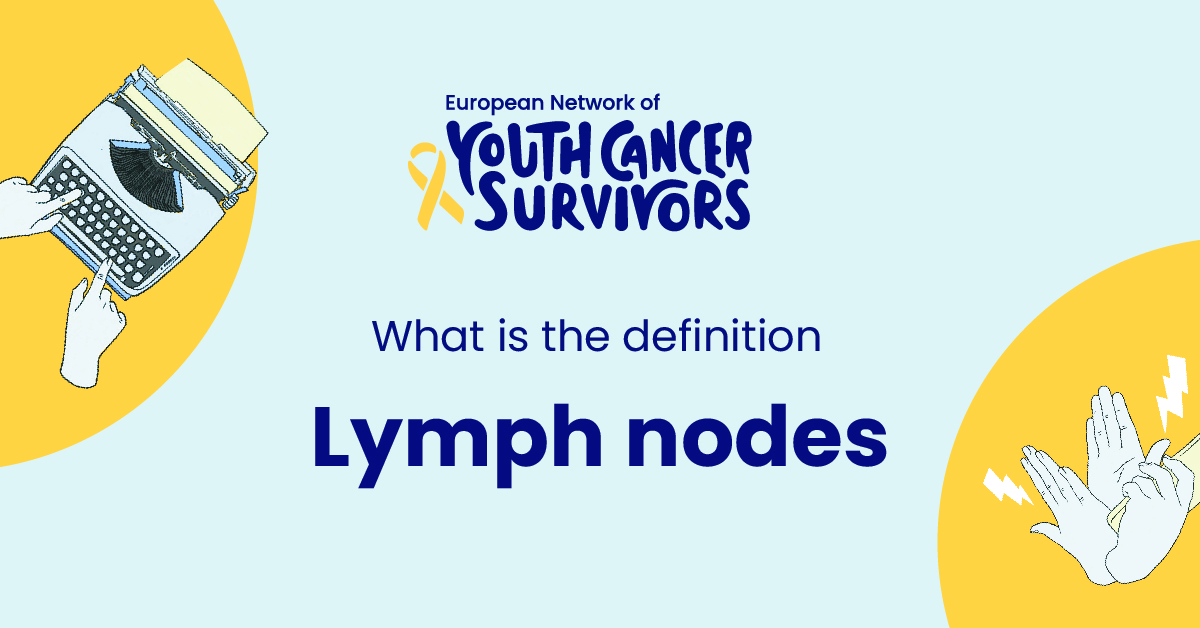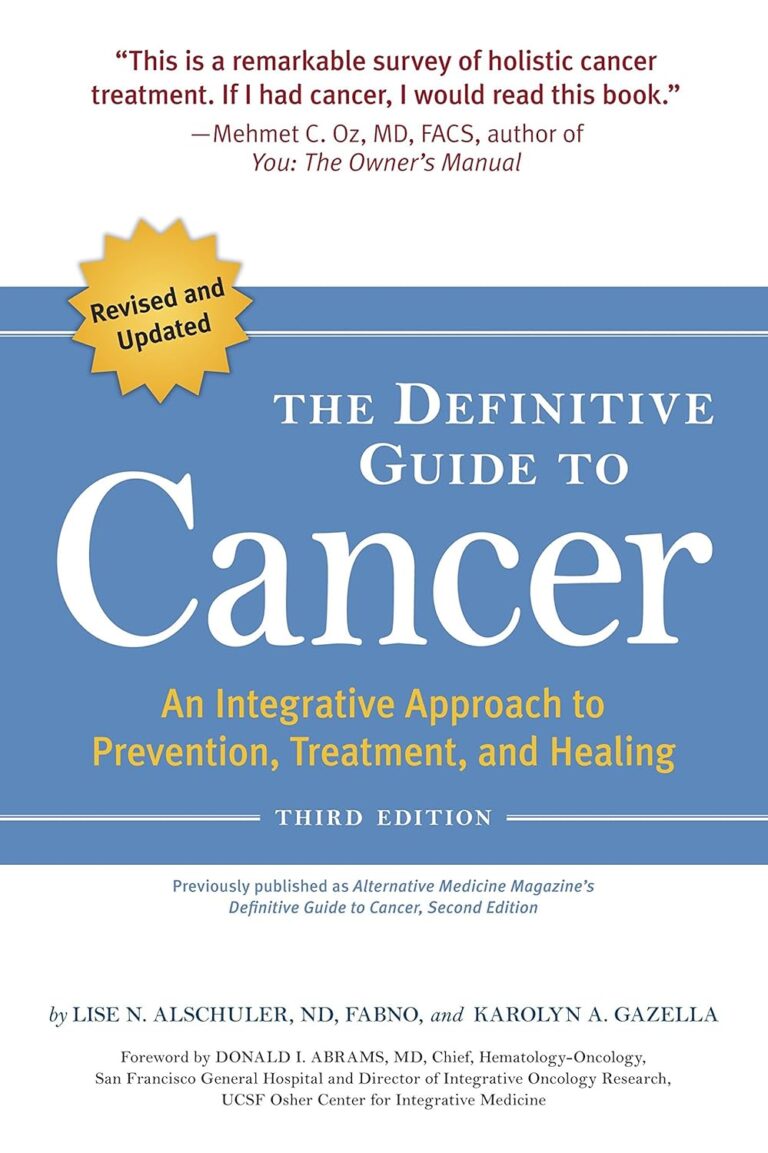
The human body is an intricate tapestry of systems and organs, all working together to maintain our overall health. Among the myriad complex structures in our body, one that often goes unnoticed is the lymphatic system, and more specifically, its crucial components: the lymph nodes. This article aims to provide an in-depth understanding of lymph nodes: their definition, roles, significance, and related health conditions.
Understanding the Basics
What are Lymph Nodes?
Lymph nodes are small, bean-shaped structures that are an integral part of the body’s immune system. They are scattered all over the body, connected by lymphatic vessels. They produce and store cells that fight against infection and disease.
Understanding the Human Lymphatic System
The human lymphatic system is a vast, interconnected network of lymphatic vessels, lymph nodes, and other organs. It plays a key role in the body’s immune response, draining excess fluids from tissues, absorbing fatty acids, and functioning as a conduit for fighting off pathogens.
Role of Lymph Nodes in the Body
Lymph nodes act as filters for harmful substances and contain immune cells that can help fight off infections by attacking and destroying germs carried through lymph fluid.
Digging into the Definition of Lymph Nodes
Basic Definition of Lymph Nodes
Lymph nodes, often simply called nodes, are part of the lymphatic system and are spread throughout the body. They are important hubs where the body’s immune cells interact with each other, and with substances from the outside environment, such as bacteria and viruses.
Components and Structure of Lymph Nodes
A lymph node is encapsulated and contains immune cells known as lymphocytes, which are critical in the body’s response against diseases. These lymphocytes are housed in a spongy tissue within the lymph node, which acts as a filtering system.
Different Types of Lymph Nodes and their Locations
There are hundreds of lymph nodes in our body, categorized according to their locations. This includes cervical (neck), axillary (underarm), inguinal (groin), thoracic (chest), abdominal and pelvic lymph nodes, among others.
Functionality and Importance of Lymph Nodes
Role of Lymph Nodes in Fluid Balance
Lymph nodes assist in maintaining the fluid balance in our body, by draining and filtering the extra fluid from our tissues and returning it to the bloodstream. This prevents swelling or edema.
Significance in Immunity and Disease Prevention
The lymph nodes’ role as frontline defenders of the immune system is crucial. They store lymphocytes, which respond to foreign invaders like bacteria, viruses and abnormal cells, helping to prevent disease.
Filtering Function of Lymph Nodes
Lymph nodes act as filters for the lymphatic system, trapping foreign substances like bacteria, viruses and cancer cells, preventing them from circulating further in the body.
Studying Common Conditions Associated with Lymph Nodes
Lymphadenitis: What Happens When Lymph Nodes Get Infected?
Lymphadenitis is a condition where lymph nodes become inflamed due to an infection. Symptoms can include swelling, pain and fever.
Lymphoma: A Type of Cancer in the Lymph Nodes
Lymphoma is a type of cancer that originates from lymph nodes. It occurs when lymphocytes, the white blood cells housed in the nodes, begin to multiply uncontrollably.
Metastasis: Spread of Cancer to the Lymph Nodes
Sometimes, cancer can spread from its original location to the lymph nodes, in a process known as metastasis. This can compromise the immune system’s ability to fight the disease and generally signifies a more advanced stage of cancer.
Get to know us better
If you are reading this, you are in the right place – we do not care who you are and what you do, press the button and follow discussions live

Treating and Caring for Your Lymph Nodes
Treatment Options for Lymph Node Conditions
Conditions related to lymph nodes are varied, and so are their treatment options, which can range from antibiotics for infections, to chemotherapy or radiotherapy for cancer. Surgical removal of affected nodes may sometimes be necessary.
Tips on Maintaining Lymph Node Health
The basic strategies to maintain lymph node health include eating a balanced diet, regular exercise, sufficient rest, and regular hydration. Avoiding smoking and heavy alcohol intake can also greatly benefit lymph node health.
The Relation between Lifestyle and Lymph Node Health
Our lifestyle greatly influences our overall health, including our lymphatic system. Regular physical activity helps lymphatic fluid circulate, while a healthy diet and enough water can help keep our immune system robust, and our lymph nodes healthy.
Conclusion
Lymph nodes have an indispensable role in regulating fluid balance, providing immunity, and preventing diseases. As small as they may be, their importance to our health is monumental. By maintaining a healthy lifestyle, we ensure our lymph nodes, and by extension our overall health, stay in optimal condition.
FAQ:
1. What exactly are Lymph Nodes?
Lymph nodes are small, bean-shaped structures in the lymphatic system, a vital part of the body’s immune system. They are distributed throughout the body and are typically found near blood vessels. Lymph nodes filter lymphatic fluid, which contains white blood cells, proteins, and cellular waste products, to help remove pathogens, foreign particles, and damaged cells from the body.
2. Why are Lymph Nodes vital to our Health?
Lymph nodes play a crucial role in maintaining our health by performing several important functions:
- Immune response: Lymph nodes contain immune cells, such as lymphocytes, which help identify and fight infections. When pathogens or abnormal cells are detected in the lymphatic fluid, lymph nodes produce immune responses to eliminate them.
- Filtration: Lymph nodes filter lymphatic fluid to remove bacteria, viruses, toxins, and cellular debris, preventing the spread of infections and other harmful substances throughout the body.
- Production of antibodies: Lymph nodes contribute to the production of antibodies, which are proteins that neutralize pathogens and provide immunity against diseases.
3. What are the possible diseases or conditions that can develop in the Lymph Nodes?
Lymph nodes can be affected by various diseases and conditions, including:
- Lymphadenopathy: Enlarged lymph nodes due to infections, inflammatory conditions, or cancer.
- Lymphadenitis: Inflammation of lymph nodes, often caused by bacterial infections.
- Lymphoma: A type of blood cancer that originates in the lymphatic system, leading to abnormal lymphocyte growth.
- Metastasis: The spread of cancer cells from primary tumors to nearby or distant lymph nodes, indicating advanced cancer.
- Autoimmune diseases: Conditions like lupus or rheumatoid arthritis can affect lymph nodes as part of the body’s immune response.
4. How can we keep our Lymph Nodes healthy?
To maintain healthy lymph nodes and support the overall functioning of the lymphatic system:
- Practice good hygiene to prevent infections that can affect lymph nodes.
- Eat a balanced diet rich in fruits and vegetables to support the immune system.
- Engage in regular physical activity to promote lymphatic circulation.
- Manage stress, as chronic stress can weaken the immune system.
- Stay hydrated to ensure proper lymphatic fluid flow.
- Avoid smoking and limit alcohol consumption, as they can impair the immune system.
5. What treatment options are available for Lymph Node conditions?
Treatment for lymph node conditions depends on the underlying cause:
- Infections: Antibiotics or antiviral medications may be prescribed to treat bacterial or viral infections affecting the lymph nodes.
- Inflammatory conditions: Anti-inflammatory medications or steroids can help manage lymphadenitis or other inflammatory conditions.
- Cancer: Treatment for cancer that has spread to lymph nodes typically involves surgery, radiation therapy, chemotherapy, targeted therapy, immunotherapy, or a combination of these approaches. The specific treatment plan depends on the type and stage of cancer.
- Autoimmune diseases: Managing autoimmune diseases may require medications to suppress the immune system’s abnormal response.
It’s essential to consult a healthcare provider for a proper diagnosis and treatment plan if you suspect any issues with your lymph nodes, as early intervention can be critical for many conditions.

















Comments
Thank you. Comment sent for approval.
Something is wrong, try again later